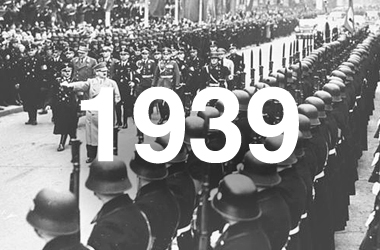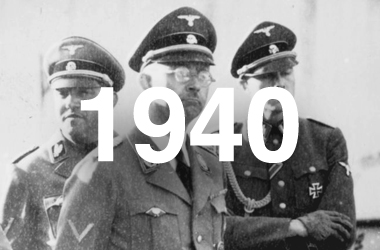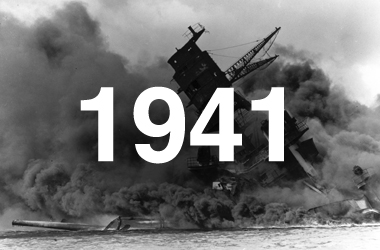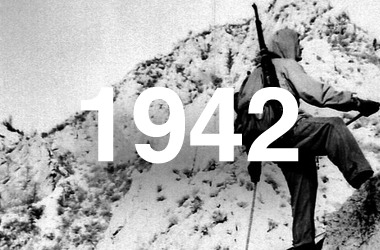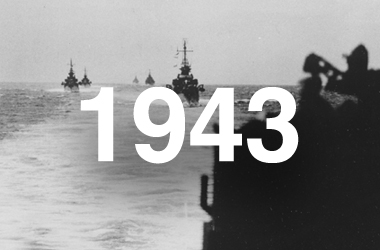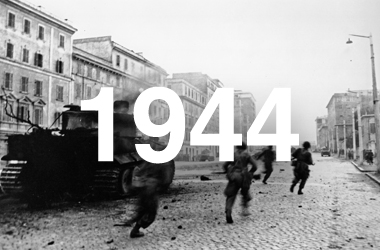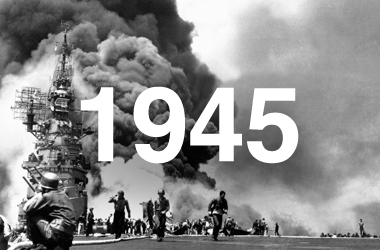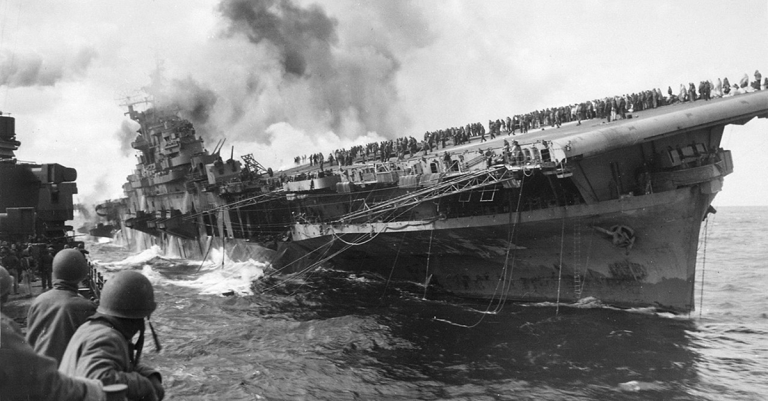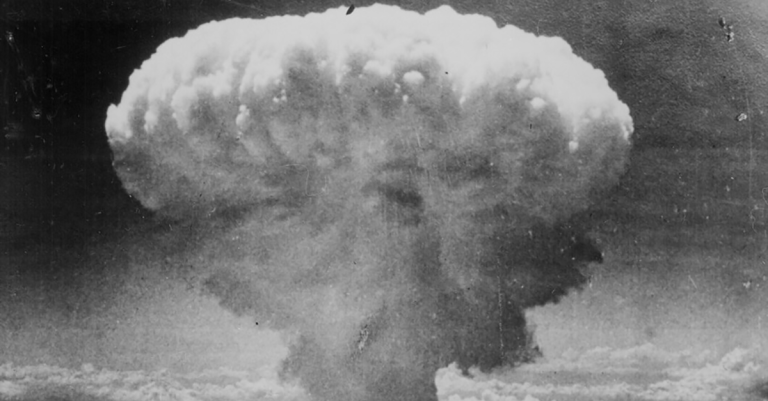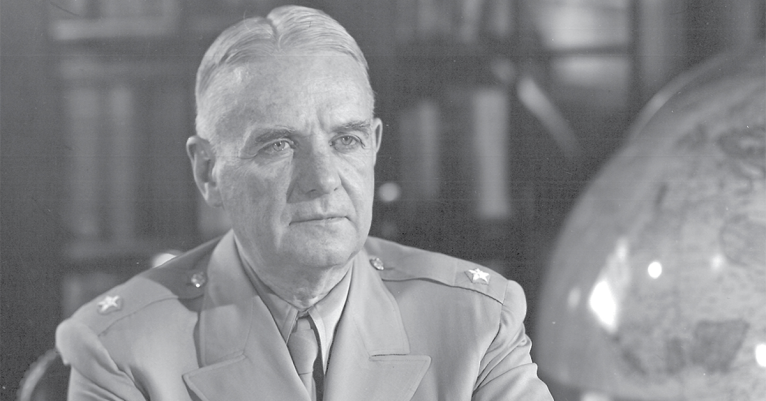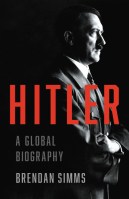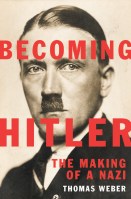Best WWII History Books

World War II History Books
Newsletter Signup
By clicking ‘Sign Up,’ I acknowledge that I have read and agree to Hachette Book Group’s Privacy Policy and Terms of Use
World War II began in 1939 with the invasion of Poland by Adolf Hitler’s Germany. It ended six traumatic years later on the other side of the world following the surrender of Imperial Japan to Allied forces in 1945.
Please join us as we explore this cataclysmic event—its unimaginable horrors as well as its punctuating moments of heroism, humanity, and ultimate sacrifice. Here you will find histories that represent the sprawling nature of the war, from focused perspectives on pivotal battles to sweeping military analyses and incisive biographies, as well as reading recommendations, chronologies, and new insights from our historian authors.
Discover Key Moments of the War 1939-1945
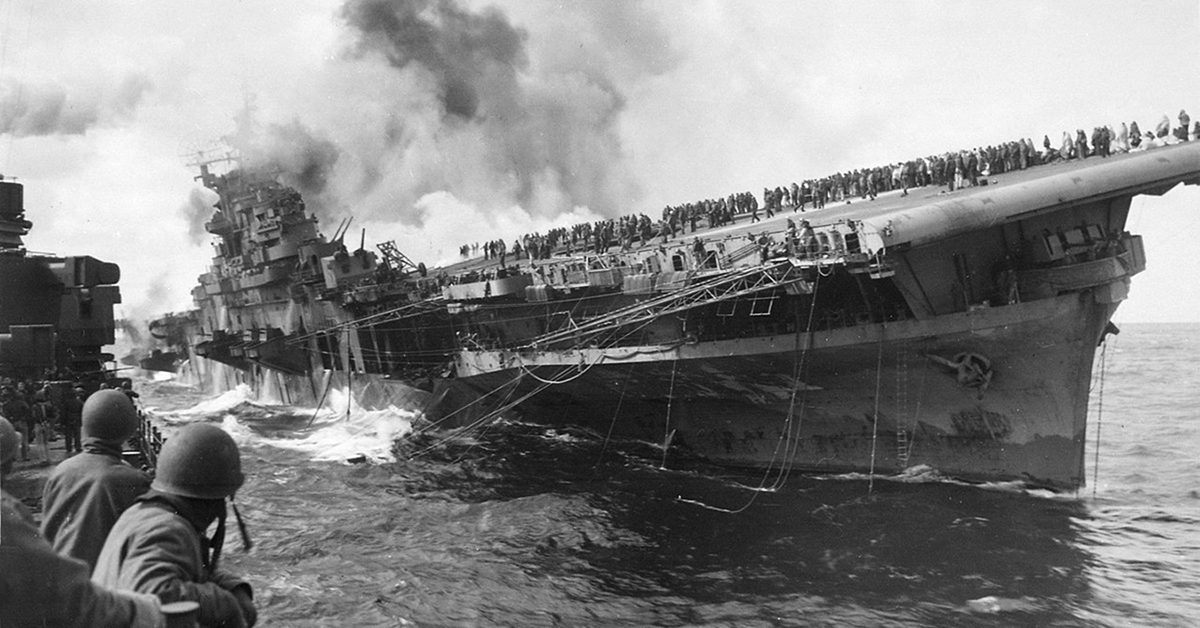
Dive Deeper into Events and Topics
Featured Content

Women of WWII History
Recruited by the U.S. Army and Navy from small towns and elite colleges, more than ten thousand women served as codebreakers during World War II. While their brothers and boyfriends took up arms, these women moved to Washington and learned the meticulous work of code-breaking. Their efforts shortened the war, saved countless lives, and gave them access to careers previously denied to them. A strict vow of secrecy nearly erased their efforts from history; now, through dazzling research and interviews with surviving code girls, bestselling author Liza Mundy brings to life this riveting and vital story of American courage, service, and scientific accomplishment.
Books about Adolf Hitler
Nazism ascended by brute force and by cultural tyranny. Weimar Germany was a society in turmoil, and Hitler’s rise was achieved not only by harnessing the military but also by restricting artistic expression. Hitler, an artist himself, promised the dejected citizens of postwar Germany a purified Reich, purged of “degenerate” influences.
When Hitler came to power in 1933, he removed so-called “degenerate” art from German society and promoted artists whom he considered the embodiment of the “Aryan ideal.” Artists who had produced challenging and provocative work fled the country. Curators and art dealers organized their stock. Thousands of great artworks disappeared–and only a fraction of them were rediscovered after World War II.
In 2013, the German government confiscated roughly 1,300 works by Henri Matisse, George Grosz, Claude Monet, and other masters from the apartment of Cornelius Gurlitt, the reclusive son of one of Hitler’s primary art dealers. For two years, the government kept the discovery a secret. In Hitler’s Last Hostages, Mary M. Lane reveals the fate of those works and tells the definitive story of art in the Third Reich and Germany’s ongoing struggle to right the wrongs of the past.

Explore WWII Historical Fiction
Paris, 1939: The Nazis think Éliane can't understand German. They’re wrong. They think she’s merely cataloging art in the Louvre and unaware they’re stealing national treasures for their private collections. They have no idea she’s carefully decoding their notes and smuggling information to the Resistance. But Éliane is playing a dangerous game. Does she dare trust the man she once loved with her secrets, or will he only betray her once again? She has no way to know for certain . . . until a trip to a stunning home on the French Riviera brings a whole new level of peril.
Present Day: Wanting to forget the tragedy that has left her life in shambles, Remy Lang heads to a home she’s mysteriously inherited on the Riviera. While working on her vintage fashion business, she discovers a catalog of the artworks stolen during World War II and is shocked to see a painting that hung on her childhood bedroom wall. Who is her family, really? And does the Riviera house hold more secrets than Remy is ready to face?
- CNN Underscored: Most Anticipated New Books to Read this August
In the News
-
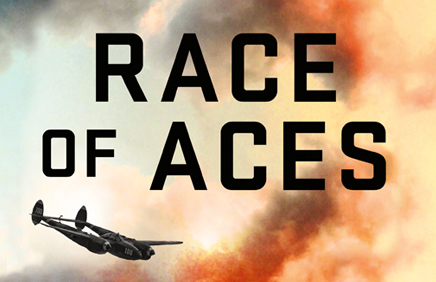
Race of Aces: WWII’s Elite Airmen and the Epic Battle To Become the Masters of the Sky
-

The Heart-Stopping, Nerve-Shredding Race to Be America’s Deadliest Combat Pilot
-
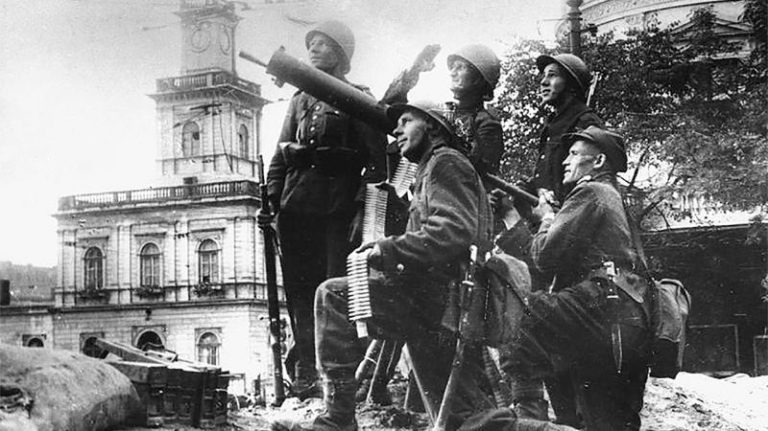
Left to their fate? A generalizing approach to the invasion of Poland
-
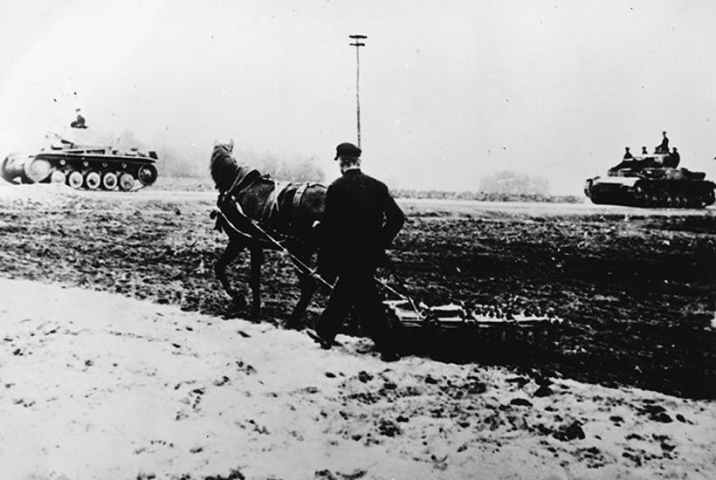
Poland was no walkover for the Reich
-

Last Stop Auschwitz: My Story of Survival from Within the Camp
-

‘Race of Aces’ Review: When Lightning Strikes
